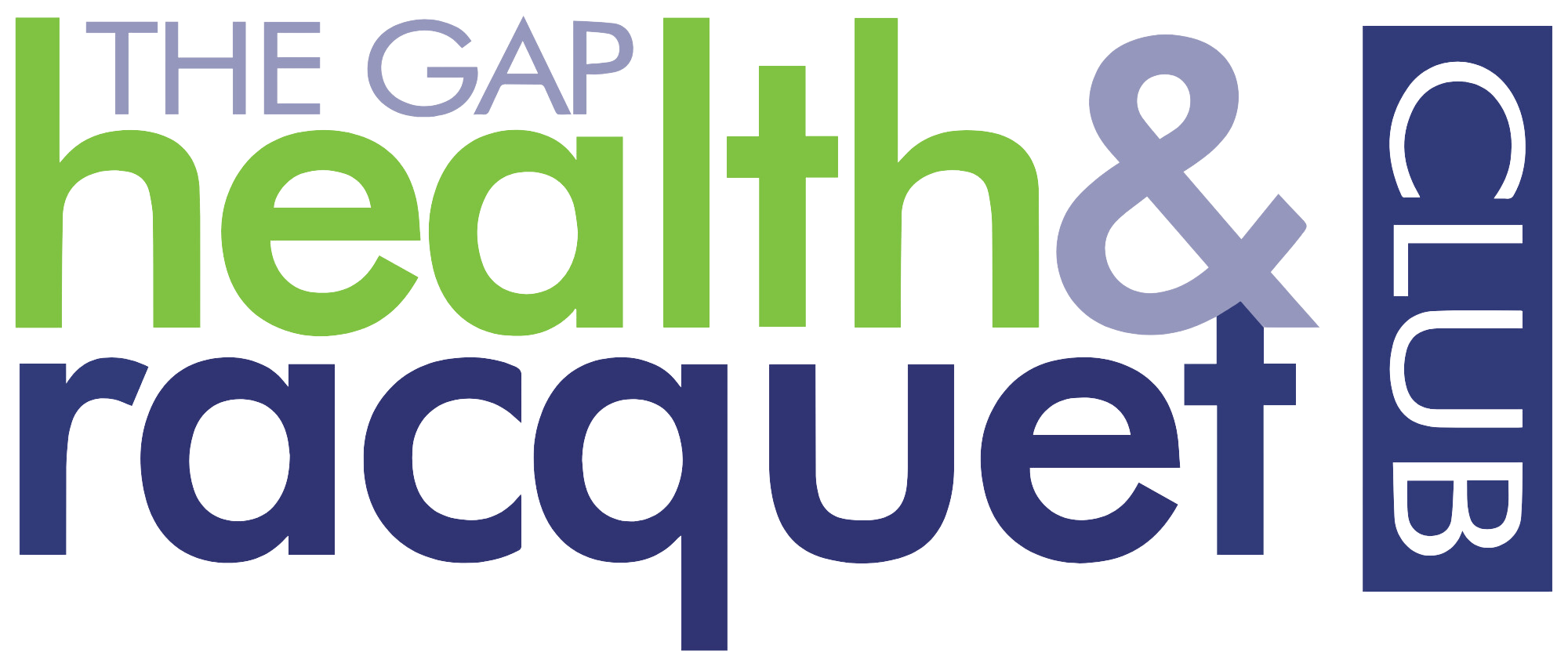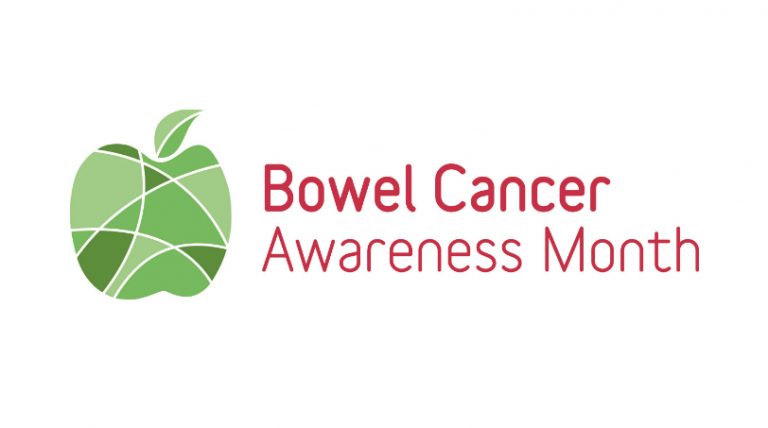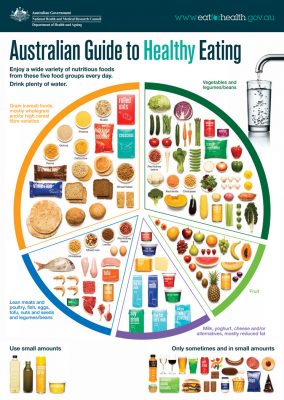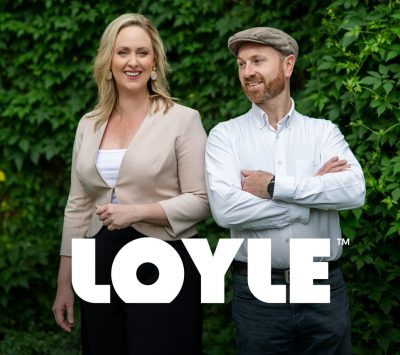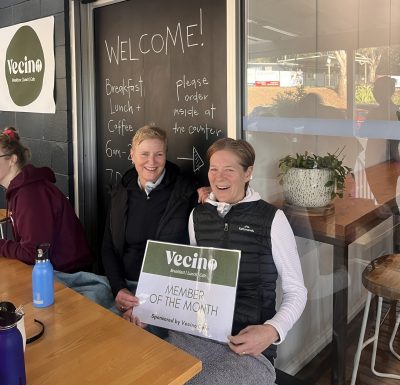June is Bowel Cancer Awareness Month so we thought we would dedicate this month’s newsletter to raising awareness around bowel cancer and some advice on how you can reduce your risk. Bowel cancer is the second deadliest cancer in Australia, however 99% of cases can be successfully treated if detected early!1 Whilst the risk of developing bowel cancer increases significantly from age 50, it affects both men and women, young and old with the number of diagnosed cases in under 50s steadily increasing. With cases on the rise and 70% of people who develop bowel cancer having no hereditary contribution or family history of the disease it is important to know the symptoms of bowel cancer and act when they persist for more than 2 weeks.1
Bowel Cancer Symptoms
Symptoms that may be indicative of colon or rectal cancer (both types of bowel cancer) and should be investigated by your GP if occurring for >2 weeks include:
- Blood in your stools or rectal bleeding
- A recent, persistent change in bowel habits (i.e. diarrhoea, constipation or the feeling of incomplete emptying)
- A change in the shape or appearance of your stools (i.e. narrower poos or mucus in stools)
- Abdominal pain or swelling
- Pain or a lump in the anus or rectum
- Unexplained anaemia causing tiredness, weakness or weight loss
However, in the early stages of bowel cancer, you may experience no symptoms which is why screening is so important! Australians aged 50 – 74 should be screened every 2 years using the at-home screening test. This is one of the most effective ways to catch early onset of bowel cancer as it can detect blood in stools that is non-visible to the naked eye and reduce the risk of negative outcomes! So if you have been putting off doing the at-home stool test THIS IS YOUR SIGN TO GET IT DONE!
Factors that increase risk of bowel cancer
There are both modifiable and non-modifiable risks factor for bowel cancer. Modifiable risks are those that can be changed and addressed by diet and lifestyle changes. These include:
- Smoking
- Drinking alcohol
- Eating an excessive amount of red meat and processed meats
- Being overweight or obese
Non-modifiable risk facts are those that cannot be changed and include:
- Age (>50 years)
- Family history and hereditary conditions
- Already having Type II diabetes, ovarian cancer, digestive system cancers, and
inflammatory bowel disease (IBD)
7 ways you can reduce your risk of bowel cancer
1. Eat a balanced diet
Following the Australian Dietary Guidelines and eating a wide variety of wholefoods alongside some lean meats and dairy products which aims to:
- Promote health and well-being
- Reduce your risk of diet-related conditions (i.e. high
cholesterol, high blood pressure and obesity) - Reduce your risk of chronic diseases and certain cancers,
including bowel cancer
2. Fibre
Fibre is important for helping to keep you regular and move food through the gut at a faster rate. Try increasing your fibre gradually so your gut is able to cope with the changes. Some ways to increase your fibre intake include:
- Choosing a high fibre breakfast, such as porridge, wholegrain cereals and wholegrain toast
- Add beans and pulses (i.e. lentils, chickpeas, kidney beans and peas) to soups, stews, curries and salads
- Choose wholegrain foods like brown rice, bread and pasta
Staying hydrated goes hand in hand with increasing fibre intake so make sure you are getting your 2L of water every day.
3. Get your 5 & 2 a day
Vegetables and fruits contain fibre as well as antioxidants which may help protect against bowel cancer. Some tips to help reach your 5 serves of veg and 2 serves of fruit a day include:
- Chopping up a piece of fruit, like a banana or some frozen berries, and adding it to your porridge or cereal
- Make a big batch of vegetable soup using whatever veggies are left over in the fridge or on clearance sale at the supermarket. This can then be frozen for quick and convenient meal options in the future
- Add a side salad to your meals
- Add frozen veggies into mince dishes, curries, casseroles and stews
4. Protein
Protein is an essential part of our diet and sources like lean red meats, chicken, fish, peas, beans, tofu and lentils all provide the nutrients we need to repair body cells and build tissue, amongst other functions. However, strong evidence suggests that eating too much red meat and processed meats increases your risk of bowel cancer.
Some tips to reduce your red meat and processed meat intake include:
- Limit your amount of red meat (beef, pork, lamb and goat) to <500g red meat per week
- Try using chickpeas, lentils or other beans to replace some or all of the meat in Bolognese or chilli recipes
- Avoid processed meat (bacon, ham, salami and sausages) as much as possible and opt for lean cuts of meat instead
- Opt for low-fat dairy products when possible
5. Alcohol and smoking
Alcohol and smoking both increase your risk of several cancers. Alcohol can cause damage to cells which can make them more likely to become cancerous. Aim to limit drinking to a max of 14 standard drinks a week (and limiting to a maximum of 2 standard drinks a night). Evidence shows that smokers are more likely to develop polyps (non-cancerous growths) in the bowel which can turn into cancer if untreated.
6. Be active
Aim for at least 30 minutes of physical activity 5 times a week. Being more physically active can lower your risk of bowel cancer and promotes other physical and mental health benefits. Find an exercise you enjoy and do it with friends or family!
7. Be a healthy weight
Carrying excess weight around your waist can increase your risk of bowel cancer. For women, waist measurements >80cm, and >94cm for men, have an increased risk of developing chronic diseases, heart disease and some cancers.
If you are wanting to create sustainable and practical healthy habits to optimise your health, book an appointment with an Accredited Practicing Dietitian (APD) who will be able to support you with an evidence-based approach. You can visit Louise’s website to book a consultation to help reach your health and well-being goals. You can book an appointment with Tessa here. Click here for more information on how different health professionals can help with different health and weight concerns.
Want more before the next newsletter? If you are interested in quick and practical tips, recipes, plus insightful food and nutrition articles click here to find Louise on Facebook and click here to find Tessa on Facebook.
Healthy regards,
Louise & Tessa
Louise
0410 839 074
louise@adeptnutritioncare.com
Tessa
0402 234 478
tessafunk.nutrition@gmail.com
Practising on Mondays at Physiologix
200 Settlement Rd, The Gap, 4061
References
1. Bowel Cancer Australia, 2020. What is Bowel Cancer?. [Online]
Available at: bowelcanceraustralia.org/what-is-bowelcancer
